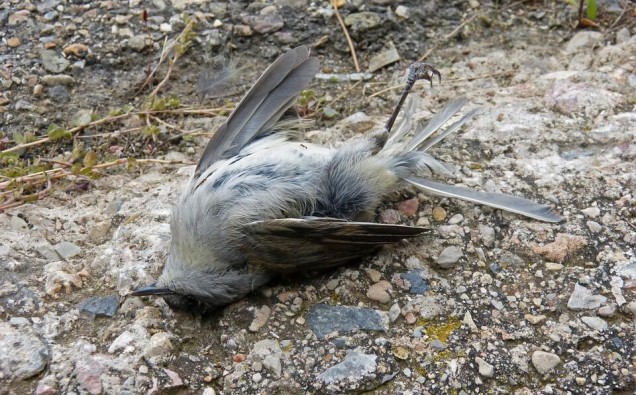People have been left baffled after a total of around 2,400 dead birds, of various species, have been found around India’s biggest inland salt lake at Sambhar.
Images released by News18 have shown these dead birds scattered around the perimeter of the lake, which is over 190 square kilometres (73 square miles) at full capacity. The photographs were taken after locals sighted the carcasses. The lake is located in the state of Rajasthan. Since this initial sighting, more and more birds have died at the lake, with 18,000 being the latest estimated death toll. However, experts suggest it could, in reality, exceed 25,000.
The cause of these birds’ deaths is unconfirmed as of yet. Around 20 species that regularly migrate to the lake were identified. The lake water in Sambhar is too salty to sustain many varieties of birdlife. However, the current situation is utterly unprecedented. Migratory birds such as the shoveller, teal, plover, and mallard were among those affected the worst by the mysterious incident.
Joy Gardner, leader of Hope and Beyond, has established a rescue centre by the lake which has so far saved 550 birds in its effort to quell the death toll. Gardner also revealed that the most affected species are those who migrate from areas like Siberia along the Central Asian Flyway.
It is feared that the cause of the deaths is Botulism, an illness caused by the water being contaminated with high levels of botulinum (a neurotoxin which can be brought on by warm weather). Botulism paralyses the birds and often leads to death, which is in keeping with the findings of those involved in the recovery attempts, who have noted paralysed limbs.
The Veterinary Research Institute of Bareilly confirmed the likelihood of this explanation according to state Animal Husbandry Minister Lalchand Kataria. Kataria also revealed that so far 735 sick birds had been treated by the Animal Husbandry Department, of which 368 were alive, while 36 had been released back into the wild.
Subsequently, Ashok Gehlot (Chief Minister) told reporters, “Due to the steps taken by the government, the situation is no longer the same as it was before. I hope that we will soon control it.” He also said that the government of Rajasthan would like to be made aware of the specific reasons behind the death of the birds and ensure that such a situation is not able to occur in future.
By Will Rymer


















